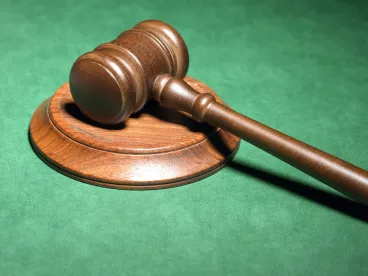In an opinion addressing divided infringement in view of the Supreme Court of the United States’ 2014 decision in Limelight Networks v. Akamai Technologies and the US Court of Appeals for the Federal Circuit’s subsequent revision of the applicable law on remand, the Federal Circuit vacated the district court’s finding of no infringement and remanded the case for further proceedings. Mankes v. Vivid Seats Ltd., Case Nos. 15-1500; -1501 (Fed. Cir., Apr. 22, 2016) (Taranto, J).
Mankes sued Vivid Seats for infringement of Mankes’s patent claiming an internet-based reservation system. Because it was undisputed that no one person performs all of the steps of the method claims at issue, Mankes’s infringement case depended on the law regarding divided infringement. In early 2015, the district court concluded that Mankes’s allegations were insufficient to establish direct infringement under § 271(a) and granted judgment on the pleadings to the defendants. Mankes appealed.
During the briefing on the merits appeal, the legal standards applied by the district court were altered by the Federal Circuit’s en banc opinion in Akamai Technologies v. Limelight Networks, which broadened the standard for divided infringement by relaxing the standard for attribution. Under the old law, the district court found that Mankes had not alleged sufficient facts attributing the actions of local venues to those of the defendants, because Mankes had not alleged that the local venues were the defendants’ agents or were required by the defendants to take the particular actions that constituted the performance of steps. In Akamai, however, the Federal Circuit enumerated additional circumstances in which others’ acts may be attributed to an accused infringer to support direct infringement liability for divided infringement. In particular, the Federal Circuit articulated a standard that permits liability “when an alleged infringer conditions participation in an activity or receipt of a benefit upon performance of a step or steps of a patented method and establishes the manner or timing of that performance.”
In view of Akamai’s revision to the standards governing direct infringement, the Federal Circuit remanded the case to the district court. The panel recognized that when governing legal standards change during an appeal, it may be appropriate to remand the case for consideration under the new standards. The Federal Circuit further found that Mankes should have the opportunity to amend his complaint based on the new articulation of the divided-infringement standard.




 />i
/>i


